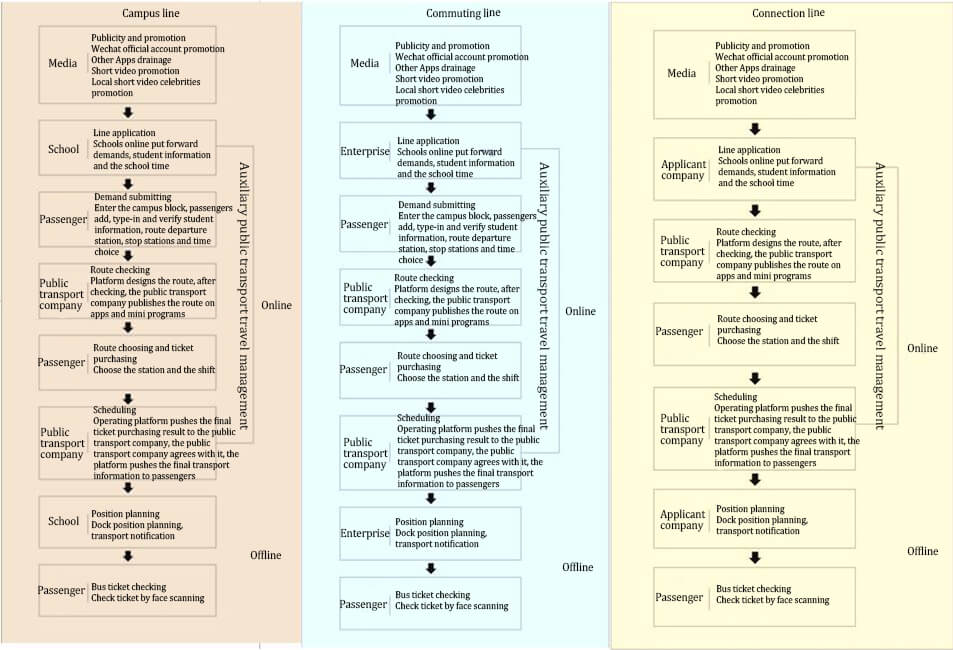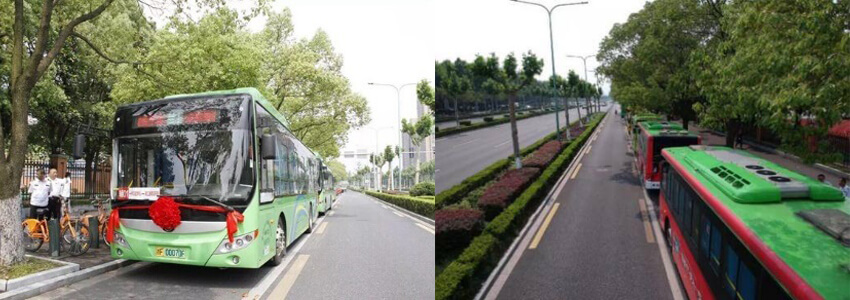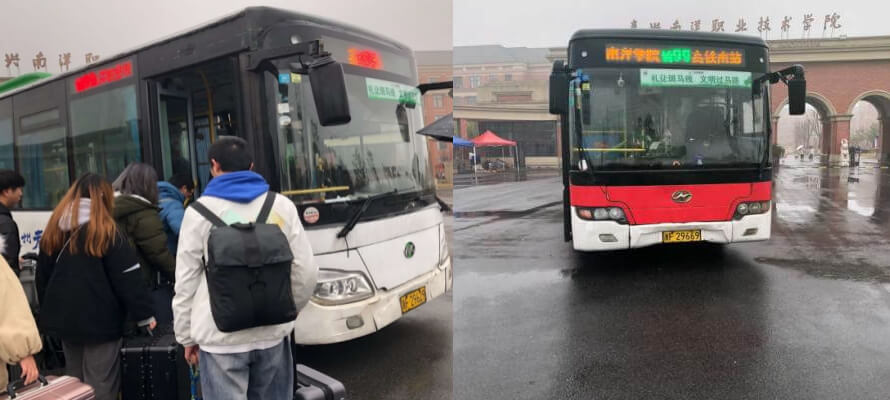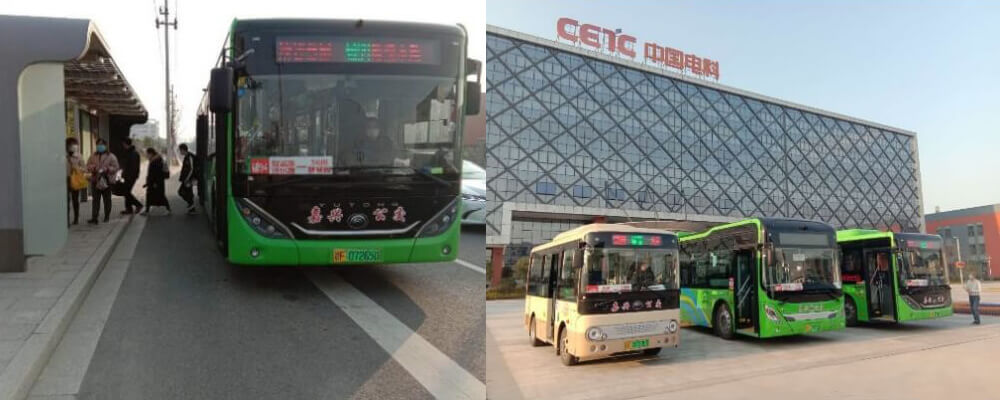Auxiliary Public Transport
Auxiliary public transport is a demand-responsive transport service model between conventional buses and private cars. It uses fixed, non-fixed, fixed and non-fixed stations, routes and timetable modes, and can flexibly organize or customize routes according to passenger flow demand. First, auxiliary public transport can be used to solve the coverage of blind spots of conventional public transport; second, it can alleviate the city ’s increasingly serious road congestion problem; third, for certain groups of people, auxiliary public transport ensures their travel safety, and it can also solve the guardians’ pain point of picking up.
Description
1)Convenient bus
The system matches the pick-up and drop-off stations based on passenger travel demand
Passengers have a short walking distance;
Provide passengers with zero-transfer travel service.
2)High traffic efficiency
Ensure the seat occupancy rate, and also reduce unnecessary station settings;
Adjust routes according to traffic conditions to avoid congested road sections;
Integrate demand and operating costs to flexibly match vehicle models.
3)Meet diverse travel requirements
Routes cover multiple scenarios (campus/commuting/connection, etc.);
Provide customized, point-to-point bus service.
(1) Campus line:
Target users: students of primary, middle, and high schools.
Solve the problem: As a sudden passenger flow gathering area, the school gate has the characteristics of concentrated time and dense passenger flow. However, at the present stage, most school gates do not have the space to accommodate a large number of private cars at the same time, which causes private cars to park on the main roads and overflow. It not only affects normal vehicles, but also causes a sharp increase in the congestion index of the school gate area, which eventually causes serious traffic congestion around the campus. In addition, many parents who pick up students after school often need to wait at the school gate several hours in advance, which wastes a lot of parents' time, and results in a very high time cost of picking up students.
(2) Commuting line:
Target users: Office workers commute between industrial parks and residential areas
Solve the problem: there is no direct public transport for commuting. The commuters who have a long commuting distance mainly use private cars, and the cost of commuting is high.
(3) Transport hub connection service:
Target users: People who need to travel regularly between home and transport hub
Solve the problem: after the passenger arrives at the station, the taxi price is high, and the bus at the hub station is difficult to meet the demand of nonstop arrival.

(1) Case of Jiaxing No. 1 Middle School Experimental Sub-branch
In order to alleviate the traffic pressure around the campus of Jiaxing No. 1 Middle School Experimental Sub-branch when students go to or from school, Jiaxing City Road Transport Bureau takes the lead and cooperates with various government departments,and Jiaxing Public Transport Co., Ltd. and Jiaxing Guohong Auto Transportation Co., Ltd. as the vehicle operators, Zhejiang Jec Electronic Co., Ltd.(a subsidiary of the 36th Research Institute of CETC) as a R&D party of information platform, jointly start the auxiliary public transport project.

(2) Case of Jiaxing Nanyang Polytechnic Institute
Jiaxing Nanyang Polytechnic Institute is far from the urban area, and its entrance will be blocked by private cars every holiday, which greatly affects the travel needs of teachers and students in the school, and brings serious safety risks to campus security; in addition, because the school is far from the urban area and the transport is inconvenient, students need to transfer for multiple times and wait for buses for a long time. Therefore, during the winter vacation, students can go to Jiaxing High-speed Railway Station by the auxiliary public transport departing from Jiaxing Nanyang Polytechnic Institute.

(3) Case of the 36th Research Institute of CETC
Due to the epidemic situation, all buses in Jiaxing have been shut down (only some of the main roads are kept), which has caused problems for employees who resume work after getting off work. Using the auxiliary public transport customized travel system, based on the mobile Internet application, through the travel demand data submitted by the passengers to select similar travel needs for route planning, which provides convenience and safety guarantee for employees of the 36th Research Institute to commute.

Recommended Products
Get in Touch


ABOUT US
DOWNLOAD
CONTACT INFO
Add:
Building 1&5, Jiaxing Smart Industrial Park, No.587 Taoyuan Rd, Xiuzhou District, Jiaxing, Zhejiang, China
Tel:
+86-573-82651167
Fax:
+86-573-82651167